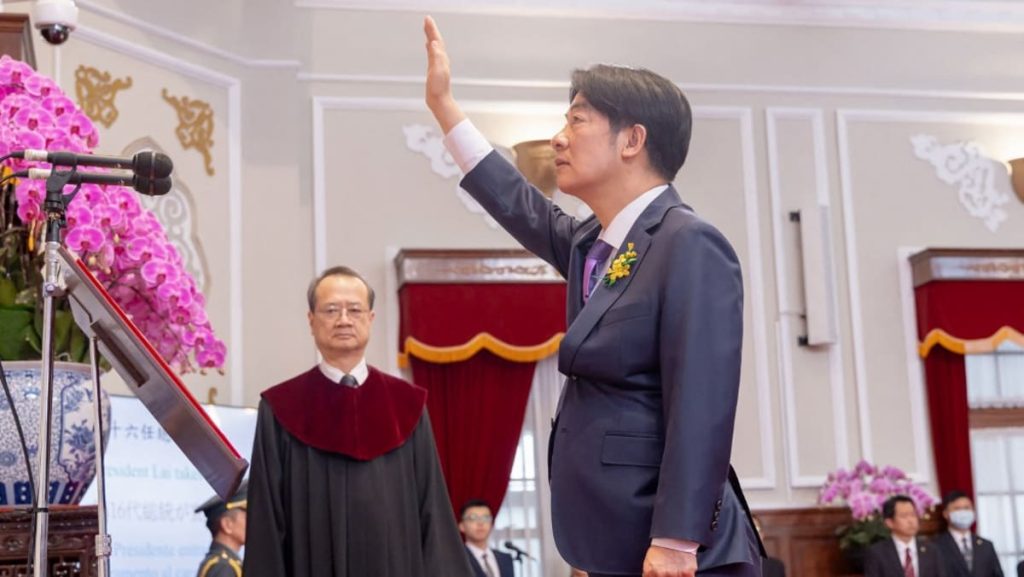Taipei, despite lacking diplomatic recognition on the world stage, has its own government, military, and currency. The majority of the 23 million population in Taiwan consider themselves as having a distinct Taiwanese identity separate from the Chinese. With the expected boost in defense spending and a focus on strengthening ties with key partners like the US, Taipei is positioning itself strategically under the leadership of Lai, who is following in Tsai’s footsteps. However, Beijing remains wary of Taiwan’s moves towards independence, with tensions rising as Lai aims to resume high-level communications with China.
Beijing’s Taiwan Affairs Office has expressed concerns over Taiwan’s push for independence, likening it to water and fire. While Lai has made efforts to resume communications with China, experts believe that Beijing is likely to rebuff these overtures, as seen in the strained relations following Tsai’s rise to power in 2016. China faces a delicate balancing act in its approach to Taiwan, as it seeks to deter any moves towards independence while also engaging with the opposition party, the Kuomintang (KMT), in order to maintain political influence in the region.
RAND Corporation’s Kuo, who directs its Taiwan Policy Initiative, notes that China is walking a thin line in its responses to Taiwan’s independence efforts. Beijing aims to convey a message of potential military force in response to independence declarations by the Democratic Progressive Party (DPP), led by Lai, while also attempting to cultivate ties with the opposition KMT. By employing a mix of carrot and stick tactics, China seeks to undermine support for the DPP while maintaining influence in Taiwan through engagement with other political factions.
In addition to external challenges, Lai faces significant domestic hurdles as the DPP lost its parliamentary majority in the January election. This loss could make it challenging for Lai to push through his policies, especially in light of the bitter disputes and physical altercations that erupted among lawmakers over parliamentary reforms proposed by the opposition. The volatile political environment in Taiwan underscores the complexities of governance and policy implementation facing Lai as he assumes leadership in a divided political landscape.
The ongoing tensions between Taipei and Beijing underscore the delicate balance of power in the Taiwan Strait, with Taiwan seeking to assert its independence while facing pressure from China to maintain the status quo. As defense spending increases and diplomatic maneuvering intensifies, the region remains a focal point of geopolitical tensions, with implications for broader regional stability and international relations. Lai’s leadership will be tested in navigating these complex dynamics, both domestically and in the context of Taiwan’s relationships with key strategic partners like the US, adding further layers of complexity to the challenges facing Taipei in the coming years.


